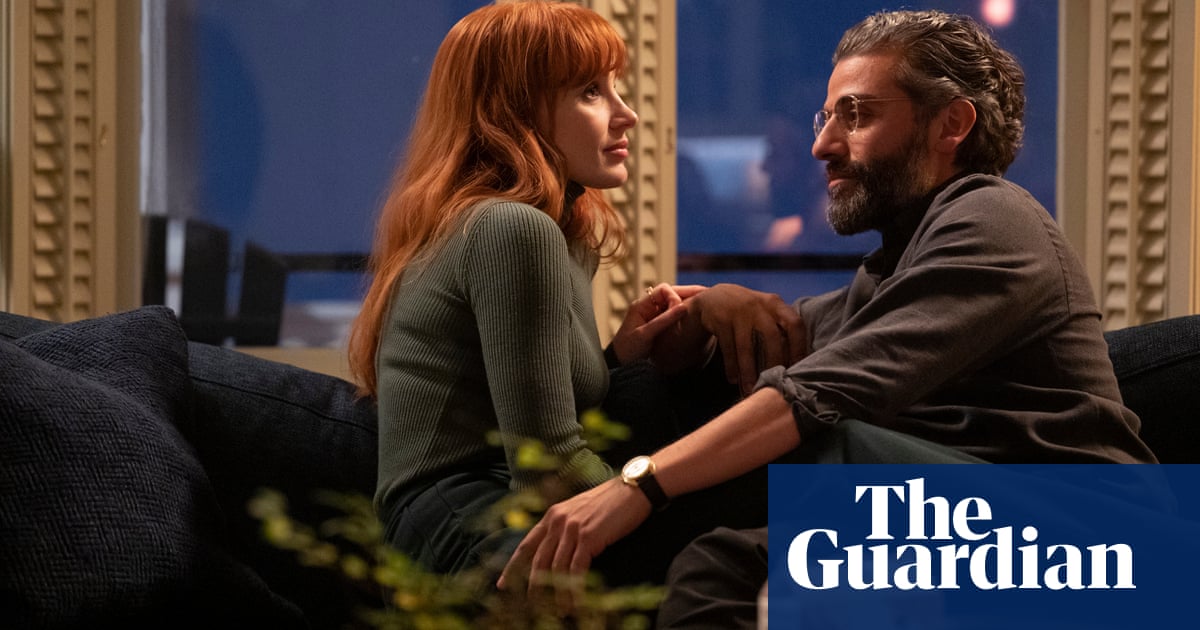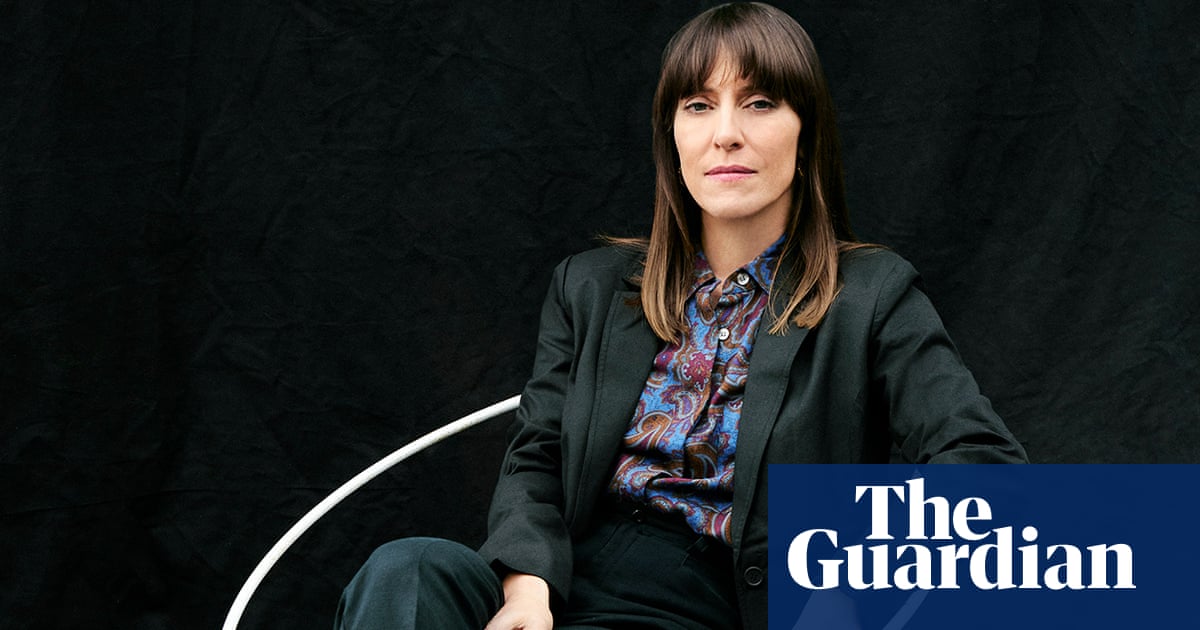
reg Norman did not prevail at the Masters of 1996 or 2020. He was, though, integral to the narrative of both. If nothing else, this emphasises Norman’s longevity as a key figure in his sport. First, the positive story. Dustin Johnson contacted Norman to seek assistance with his putting, immediately before a run of victories that concluded at Augusta National last November. Johnson has cited spending just 90 minutes with Norman, now 66, as fundamental to his second major win.
“I’ll help him whenever he asks,” Norman explains. “I like DJ, I’m a fan of his. I don’t like seeing great players with something that I see as very fixable. It was great that he reached out to me and I’m glad it was so positive for him.
“He is a very intelligent golfer. He gets a very good feel for golf courses, he understands golf, understands his own characteristics. He eliminates a lot of white noise. He also has one of the most athletic frames, so when you combine that with his hand-eye coordination, he has done a phenomenal job.”
As Johnson took delivery of a Green Jacket, Norman’s ego understandably received a boost. “Yes, it is very satisfying,” he admits. “When you have been in the thick of things, in the inner circle, you have so much knowledge and experience. If you can hand a piece of that on to help somebody else be successful, that is very rewarding.”
Norman would be entitled to ask for focus to fall on his Johnson alliance as the Masters arrives once more. This year is the 25th anniversary of one of the most brutal capitulations in sporting history. Record books show Nick Faldo won the 1996 Masters but Norman, who started day four with a six-shot lead over the Englishman, undeniably lost it. Little wonder, then, that the Australian isn’t exactly expansive on the subject. “I don’t reflect on it,” he says. “Time goes by, it’s the only thing you cannot stop. It only really comes up when other people want to speak about it. I don’t lie in bed of a night thinking back to what happened 25 years ago.”
Norman never did win the Masters. His attitude to that and Faldo’s triumph is so outwardly pragmatic that it is hard to believe. “I still love Augusta,” he says. “It’s only a sport, right? It’s only a game. It’s nothing else. It didn’t affect my health where I was suddenly incapacitated for the rest of my life. Things happen in sport. If you are going to let a negative result affect you then you aren’t a very strong person. I have never been that way, I never cried over spilt milk. You move on in life.
“Whether it’s the members of Augusta National, the people who live in Augusta, anyone who went to watch that Masters or saw it on TV; I had a such a good following. They sent me a lot of well wishes and messages of support. That’s no different today when I walk through the streets there. There is a legacy of what you have done, people respect how you handle yourself. Maybe 1996 was a big part of that.”
In 2021, “the Shark” limits his own playing to occasional social golf. Months can pass without him lifting a club. “I don’t ever go out there and play two, three, four times a week at all,” he says. “I don’t miss it. I’ve been there, done that. I’ve hit enough golf balls and done enough practice. You just go through that phase in your life. It has passed me by. I’m not going to enjoy being out there trying to be somebody I used to be.”
Likewise, he will watch PGA Tour events on television but never for hours on end. Norman has still seen enough to raise a key concern about Rory McIlroy as he makes his latest attempt to complete a clean sweep of major titles in Georgia. The Northern Irishman won the last of his four majors in 2014.
“With every tournament that goes by, it becomes tougher for him,” Norman says. “He has the talent to do it. From what I see, I’m not a big fan of his putting stroke. He is very inconsistent with that; he might putt well on a Thursday but a great putter does it from Thursday to Sunday afternoon. Rory goes in waves, you just can’t do that in major championships.”
Norman’s relationship – or lack of – with Tiger Woods has been a long-term source of fascination. The perception is that Norman wanted to have more of a role in Woods’s life than the 15-times major winner was ever willing to encourage. They are now on cordial terms but Norman fears the recent serious car accident that left Woods with severe leg injuries may call time on an incredible career.
“You can go and speak to the best orthopaedic surgeons in the world and they’ll all tell you the same thing, that knowing that kind of injury it’s at least a year before he can walk properly,” says Norman. “If what we are hearing is true.
“He is a lucky man, that’s for sure. Of course, it would be a shame to end like this, in a self-inflicted way. You think about the irony of all that, coming to a screeching halt not because of anybody else. Just because he did it to himself, sadly.
“All you can do is wish the guy well and hope he makes a full recovery. It’s more for himself; forget golf, golf is immaterial. I hope he gets back to doing what he wants to do in his life and with his kids. That’s the important thing.”
Norman spent time in hospital from 20 December until early January after contracting Covid-19. Social media posts by the Open champion of 1986 and 1993 painted a stark picture. Norman depicts his condition now as “100%”, but for a spell there was worry. “Once I got on to the antibody infusion my health turned around within 15-18 hours,” he says. “It was incredible.
“A couple of markers in the test they were doing told the doctors I was at high risk. Being a fit person, you just think: ‘OK, this will be like the flu.’ It was like the flu on steroids, a lot of things you could never anticipate, and every day seemed to bring some new symptoms. I experienced stuff I had never experienced before.” After a “lonely” festive season, Norman felt at full strength in late January.
When Norman reflects that “the art of playing the game is different” to his era, it is easy to sense disapproval. He feels governing bodies let equipment spiral out of control pre-2000. “To build and maintain these courses for Tour events – at 7,800 yards – is a cost that gets handed down to the everyday golfer,” he explains. But what of the characters involved?
“The players are very stoic nowadays. They all look the same, they are like robots. They act the same. Some guys show a bit of frustration but there isn’t much emotion. It’s just the new era, they are being trained differently. We engaged with people, wore our hearts on our sleeves and people could see our emotions.”
On 14 April 1996, Norman looked to be suffering from shock. Perhaps it is wise that he has no intention of reopening old wounds.












